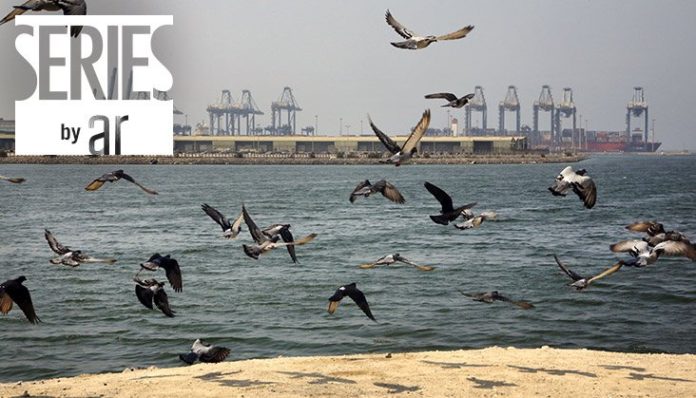This is part 1 of a series.
To truly understand the dynamics, one must begin with these two key questions:
- What constitutes the Red Sea region?
- What countries and institutions should establish peace and security cooperation mechanisms there?
These questions are fundamental and the answers are complex.
Littoral states, regional actors, and international powers all have interests to protect and ensure free passage through one of the world’s most critical trade routes. Yet it is also one of the world’s most volatile regions.
The articles reflect perspectives from leading analysts and policy makers from both banks of the Red Sea. Many states in the wider Horn of Africa are in transition, facing heavy political challenges if not open rebellions.
Sudan, which straddles the Gulf and the Horn culturally, is struggling to balance dealing with unsettled past grievances and managing expectations of the popular movements, military elite, and regional interests.
The limits of Ethiopia’s ethno-federalist constitutional framework are exposed by continued social protest, regional fragmentation, and armed conflict between the central government and strategic peripheral states.
Regional and domestic pressures are mounting on Eritrea’s government while Somalia is trying to break out of a three-decade cycle of instability.
Egypt, the historic powerbroker in the Red Sea, no longer enjoys that convening authority to set the terms for African and Gulf cooperation. The eastern bank of the Red Sea also faces instability and complex transitions. It is a region at a critical point of change. Among the key issues are: the war in Yemen, Gulf rivalries, economic downturns triggered mainly by crashing oil prices, and shifting positions on the recognition of Israel.
The articles are the opinions of the individual contributors and experts. They attempt to shed light on the dynamics and dilemmas faced in a region with global peace and security at stake.
What’s clear from these opinions is that cross regional cooperation—while severely challenged by mistrust and asymmetrical relations—is the only way forward.
There are current and future interests at stake by African and Gulf states, but also global players such as the United States, China, Japan, India, Turkey, France, South Africa, and the European Union.
All should be invested in establishing viable mechanisms for cooperation and crisis management in the Red Sea.
The Africa Report collaborated with CMI-Martti Ahtisaari Centre in producing this series. CMI is one of a select set of independent actors who facilitate dialogue in a cross-regional format on the future of the Red Sea.
The articles will be followed by a dedicated podcast series to deepen the conversation with officially mandated actors and a wider set of analysts.
We commend these articles to you and see this as a contribution to a much overdue public conversation on the fate of a region of great significance for Africa, the Gulf and the world.
For part 2: Ports, military bases and treaties: Who’s who in the Red Sea




